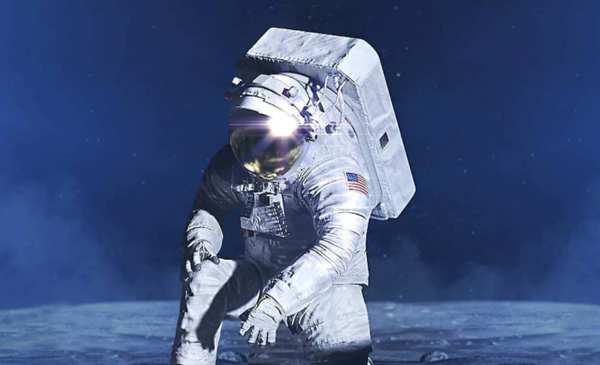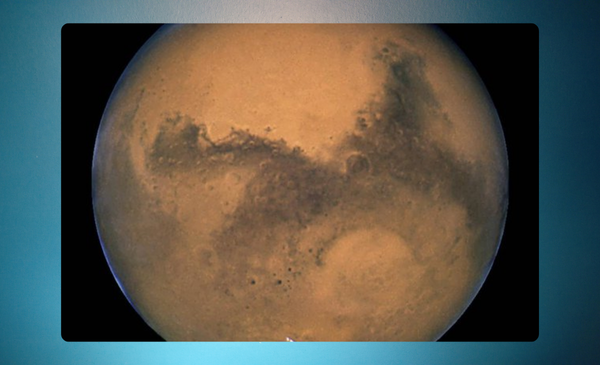Imagine transforming your office into your world, your colleagues into your family, and your work environment into the vast, uncharted expanse of outer space—for six months. This isn’t just a thought experiment; it’s a reality for astronauts and a glimpse into the future of Mars explorers. With NASA setting its sights on the Red Planet within the next decade, the question looms: are we mentally prepared for such a leap?
In this fascinating exploration, ABC RN’s “All in the Mind” delves into the psychological odyssey of space travel, as recounted by former NASA astronaut Catherine “Cady” Coleman. Having spent 159 days aboard the International Space Station (ISS), Coleman shares intimate insights into the mental fortitude required to thrive in orbit.

The isolation of space brings unique challenges: depression, cognitive decline, and even hallucinations are not uncommon among astronauts. Preparation for these missions involves rigorous psychological evaluations and training, aimed at ensuring astronauts can withstand the mental strains of life beyond Earth. But as missions aim further, like to Mars, the mental hurdles become even higher, prompting space agencies to explore new strategies, including hibernation.
Building Team Unity in the Cosmos
The close quarters of space travel can amplify interpersonal tensions, a reality astronauts must manage to maintain mission integrity. Historical missions have ended prematurely due to conflicts and mental health issues, highlighting the importance of team cohesion. The ISS, a melting pot of cultures, requires astronauts to navigate differences and communicate effectively, often in high-pressure situations. Coleman, the sole woman among her crew, recounts the need for assertiveness and understanding in a predominantly male, multicultural team.

The Emotional Gravity of Space Separation
Beyond the technical and interpersonal challenges lies the emotional weight of separation from loved ones. For astronauts like Coleman, leaving family behind introduces a profound sense of vulnerability and isolation. Regular communication with Earth provides a lifeline, yet the lag and limitations of space-to-ground calls can leave astronauts feeling helplessly distant from familial support.
The Psychological Blueprint for Mars Voyagers
Looking ahead to Mars, astronauts will face unprecedented psychological trials: a longer journey, communication delays up to 20 minutes, and the absence of Earth’s comforting view. Solutions such as virtual reality and hibernation are being considered to mitigate these challenges, alongside studies in simulated Mars habitats to better understand and prepare for the mental demands of such missions.
As humanity stands on the brink of its next great adventure, the story of space travel is as much about exploring the outer reaches of our universe as it is about understanding the inner depths of our minds. Through resilience, innovation, and a spirit of exploration, astronauts like Coleman and the teams behind them are paving the way for future missions to Mars and beyond, proving that the vastness of space is no match for the human spirit’s capacity to explore, adapt, and overcome.

Subtly charming pop culture geek. Amateur analyst. Freelance tv buff. Coffee lover